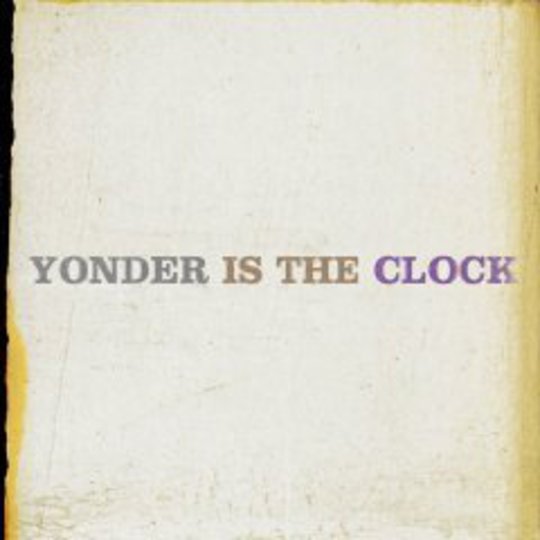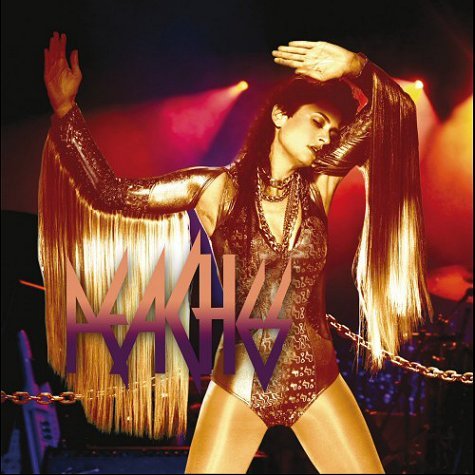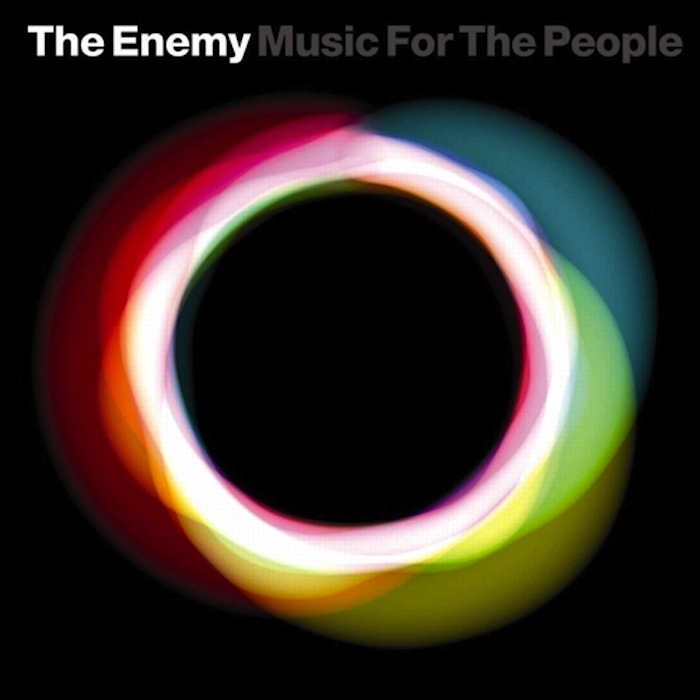It’s easy to see why Conor Oberst fell for The Felice Brothers, picking them up for release on his fledgling Team Love imprint in much the same way Two Gallants found a home on Saddle Creek some years ago. As with that band, these Catskill natives mine fields riddled with Americana staples: murder, love, death and betrayal all contemplated against a backdrop of desolate train stations and dilapidated freighters, Coney Island beaches and New England winters. Taking its name from a Mark Twain passage, Yonder Is The Clock bleeds the kind of folksy sincerity that could so easily fall flat. It doesn’t endear itself with immediate effect, either. Rough-hewn to the point of occasional sloppiness, haunted by the spectre of The Band (Ian Felice’s smoky rasp bearing an uncanny resemblance to that of a certain Bob Dylan), and a touch overlong, it nevertheless emerges an utterly compelling whole.
Steeped in classic songwriting traditions, bar-room blues and tried-and-tested chord progressions, gracing the record with more than a cursory listen reveals a work of significant heft. Numerous allusions to the sea serve as an early signpost (recurring throughout, swallowing unfortunates into watery oblivion and generally doing that elemental thing it does so very well). The “ten thousand silver whales” of ‘Sailor Song’ knowingly evoke the spirit of Herman Melville, the song itself coming over like Tom Waits at his most melancholy; a piano-led waltz of striking gloom. That it could feasibly be Waits himself is a sword of the double-edged variety, engendering the sort of divisive reaction The Felice Brothers clearly gave up worrying about some time ago (if they ever did at all). The kicker? It’s a great song. And it’s in good company, too.
Against the odds – the songs structured around baseball games, squeezebox ubiquity, Jesse James shout-outs and slapdash take on the traditional ‘Memphis Flu’ – Yonder Is The Clock remains a record of its time. The doomed narrator of ‘Penn Station’ for instance, meets his demise on said depot’s bathroom tiles, damnation hurtling towards him. The contents of his pockets? “Five dollars and a dead cellphone.” Where that song raises an eyebrow, ‘All When We Were Young’ startles. What begins a sweet lament for lost innocence gradually unfolds into theological territory, before abruptly asking “Where’d those planes come from / That burned my city up?” It’s fairly heavy-handed as far as allegory goes, but that’s sort of the point. As this record’s rueful heart, it’s an underplayed and unqualified success.
In light of such rumination, songs like ‘The Boy From Lawrence County’ (featuring a Judas-esque narrator) and ‘Buried In Ice’ (a woozy cautionary tale) are thrown into sharp relief. Strewn with folkloric references and populated by a cast of redemption-seeking miscreants, they also stand up as fine tunes in their own right. That one of the three siblings at the core of the band has written a novel (Simone Felice – Goodbye, Amelia) comes as no great surprise, nor does it that chickens (yep, chickens) feature prominently in no less than two of the thirteen songs here – they were recorded in a renovated coop, after all.
For all the confusion and exasperation pervading this set, moments such as tender parting shot ‘Rise And Shine’ offer rays of light, a means by which to temper the collective mess we seem to have found ourselves in. The majority of the album in fact fulfils the latter of that criteria, for reasoning best put by its players:
Let the brass band play
Let them soothe your blues away
Let the fiddles serenade you
Find a shady place to lay
Missteps are present, however: the aforementioned take on ‘Memphis Flu’ was presumably a lot more fun for the band to lurch their way through than it is us to listen to, and the cyclic sprawl of ‘Cooperstown’ does drag over six minutes. Given that these flaws are inseparable from the album itself, however, they do make an odd kind of sense – as for Yonder Is The Clock to be faultless would be a fault in itself. As it stands, it’s an emphatically rich and addictive work. It does sound a whole lot like Dylan, yes. But it’s a whole lot of excellent itself, thanks very much.
-
8James Skinner's Score






















